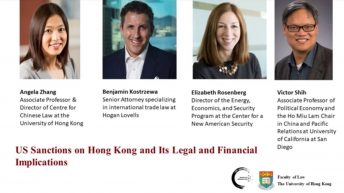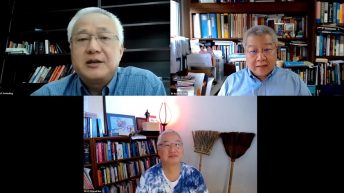Date: 16Jan 2017
Professor Jerome Cohen of NYU Law School and Faculty Director of the US-Asian Law Institute recently delivered a lecture at the Centre for Chinese Law, HKU Faculty of Law, on 12 January 2017. The lecture was chaired by Professor Cohen’s former student, Cheng Chan Yue Professor in Constitutional Law, Professor Albert Chen.
Abstract
On the 50th anniversary of the creation of the International Covenant on Civil and Political Rights, I will discuss China’s relevance to the UN’s quest for universal ratification of this major human rights treaty. In view of the ICCPR’s guarantees of freedoms of expression and religion, the restrictions that it imposes on the power of governments to punish people arbitrarily, and its strong support for the right to self-determination of all peoples, why did the People’s Republic sign the Covenant in 1998? Why then has it failed to ratify the ICCPR and what are the prospects? I will compare Beijing’s record with the very different position of the Republic of China on Taiwan and also refer to the unusual situation of Hong Kong (and Macao), a special administrative region of the People’s Republic that is protected by the ICCPR even in the absence of ratification by the central government.




